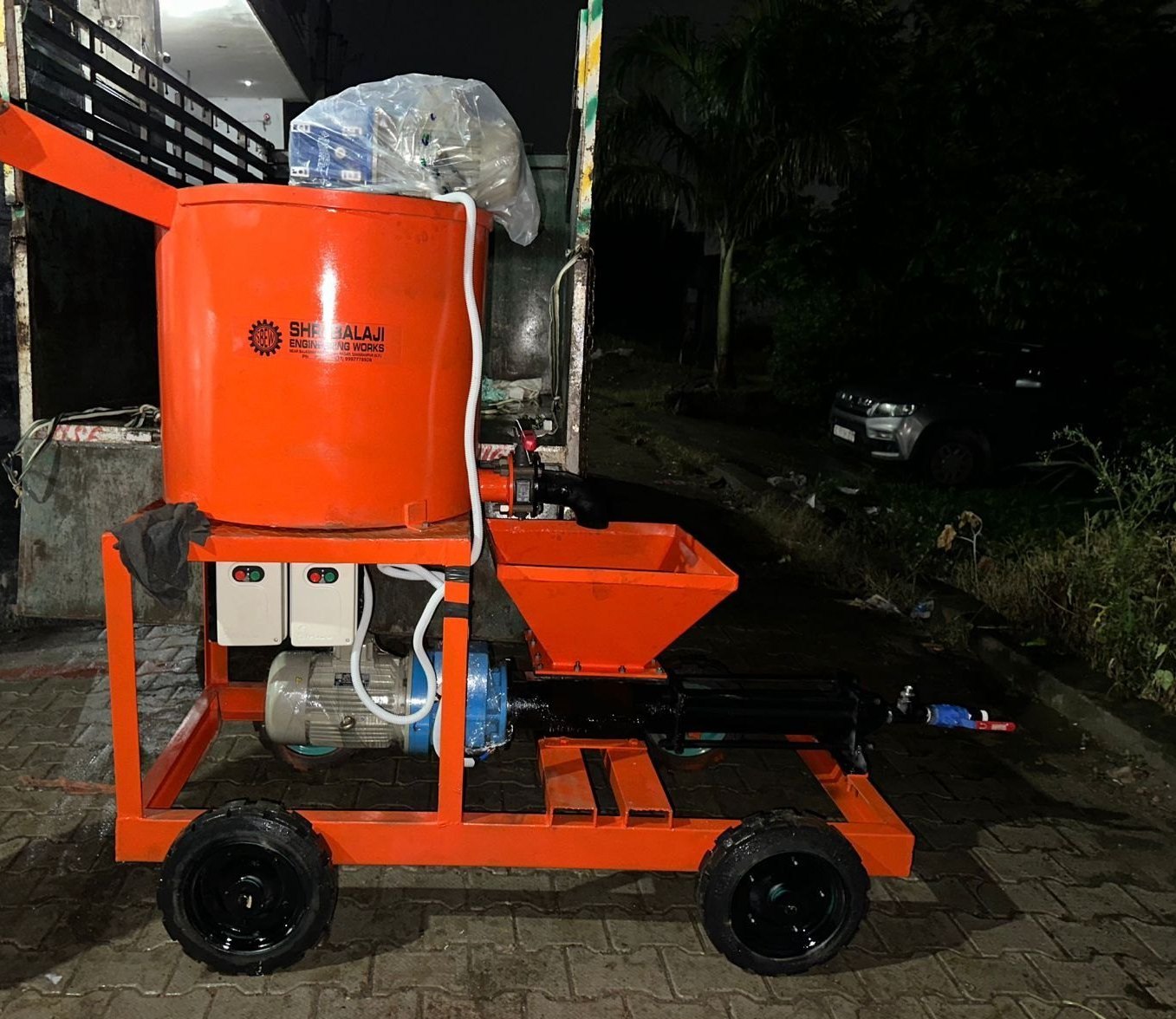Construction projects are becoming more complex and demanding, requiring innovative solutions to ensure seamless execution. One crucial aspect of construction is the mixing of grout, a material used to fill gaps and reinforce structures. Grout mixing plants play a vital role in ensuring the efficient production of high-quality grout for various construction applications.
Grout mixing plants are specialized facilities designed to mix cement, water, and additives to produce a consistent and uniform grout mixture. These plants come in various sizes and configurations, depending on the scale of the construction project and the specific requirements of the grouting process. The use of Grout Mixing Plants offers several advantages over traditional methods of manually mixing grout on-site.
One key benefit of using grout mixing plants is their ability to produce large quantities of grout quickly and consistently. This ensures that construction projects can stay on schedule without delays caused by inconsistent or inadequate supplies of grout. Additionally, using a dedicated plant for grouting eliminates the need for manual labor-intensive mixing processes, reducing the risk of errors and ensuring a higher level of quality control.
Another advantage of utilizing grout mixing plants is their versatility in accommodating different types of additives and materials. By adjusting the mix ratios and incorporating specific additives, such as accelerators or retarders, contractors can tailor the properties of the grout to meet specific project requirements. This flexibility allows for greater customization in addressing unique challenges posed by different construction environments.
Furthermore, modern grout mixing plants are equipped with advanced technology that enables precise monitoring and control over the entire production process. Automated systems regulate factors such as water content, temperature, and consistency to ensure optimal performance and adherence to industry standards. This level of precision minimizes waste while maximizing efficiency in resource utilization.
In addition to enhancing productivity and quality assurance, using grout mixing plants also contributes to improved safety on construction sites. By centralizing the production process within a controlled environment, workers are exposed to fewer hazards associated with manual handling or exposure to harmful chemicals present in some types of additives used in grouting operations.
Overall, it is evident that incorporating innovative solutions like grout mixing plants into construction practices plays a significant role in streamlining operations while maintaining high standards for quality control and safety compliance. As construction projects continue to evolve in complexity and scale, investing in advanced technologies like these will be essential for achieving successful outcomes within budgetary constraints while meeting stringent regulatory requirements imposed by governing bodies overseeing building codes worldwide.


